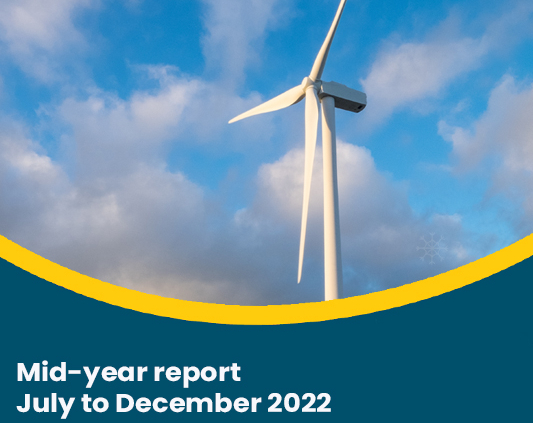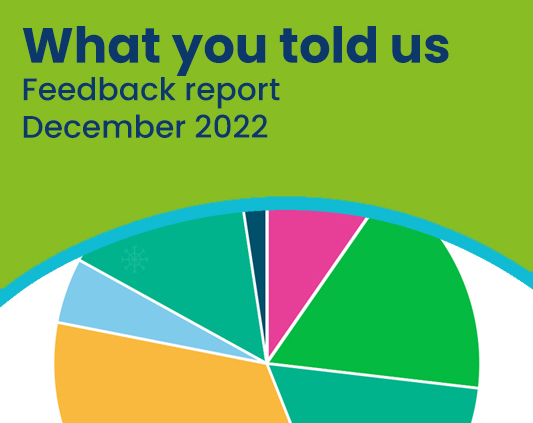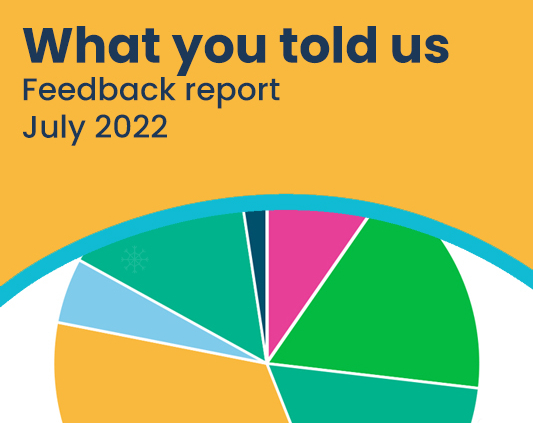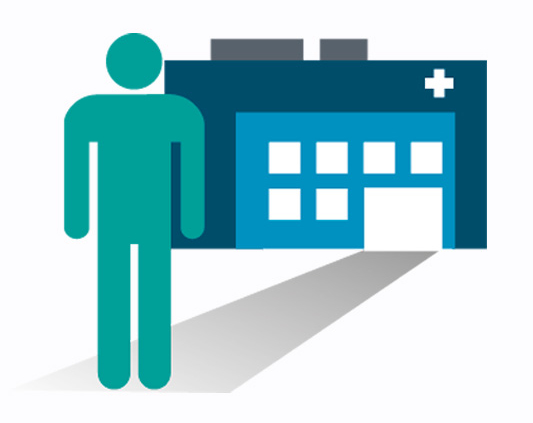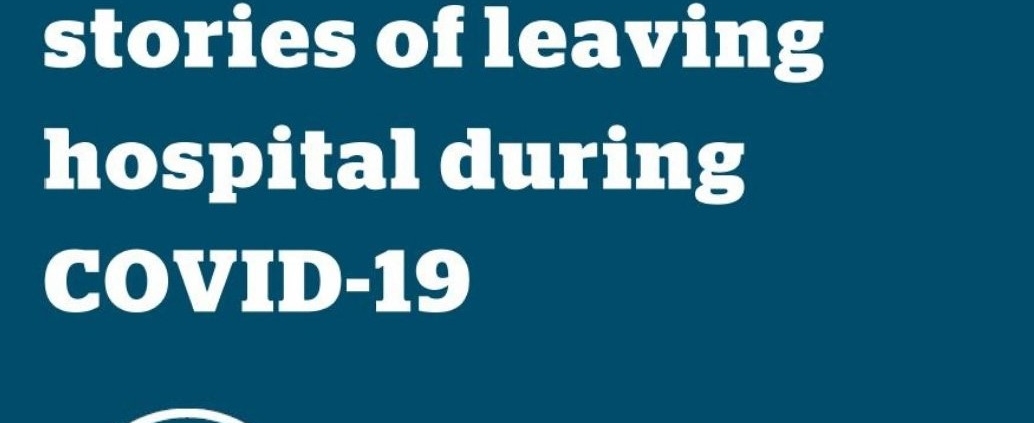Mid-year trends in feedback Jul-Dec 2023
The feedback we have had in the past six months has mainly been around four services.
1. GP services: 30% of all feedback received in July to December 2023 was to do with GP services. Accessing GPs and arranging appointments were the main issues being raised, with concerns about the quality of care being provided another common theme. However, approximately one in five comments we received about GP services were positive.
2. Pharmacies: 14% of all feedback received was to do with pharmacies, with over half of the comments being positive feedback about Allendale Pharmacy. This was in response to our online campaign in the autumn urging people to tell us about their pharmacy. The biggest concern, featuring in one in five comments, was around receiving incomplete prescriptions and supply issues at pharmacies.
3. Hospitals (unspecified department): Just over 10% of all feedback received in July to December 2023 was about hospitals in general. Just under half of this feedback was positive about the quality of care and the ‘brilliant staff’. The biggest concerns raised were about access, with a roughly equal split between long waiting lists and the distance patients needed to travel to attend appointments. These two issues combined featured in one in five negative feedback comments.
4. Dentists: Dentists made up 7% of the overall feedback we received. Unsurprisingly, getting an appointment with an NHS dentist was the predominant concern, with approximately three quarters of the feedback we received being about this issue. Unlike the feedback on the previous three categories, the sentiments expressed were overwhelmingly negative, with less than one in 25 of the comments we received about dentists being positive.
Read more in our mid-year report for July to December 2023.



